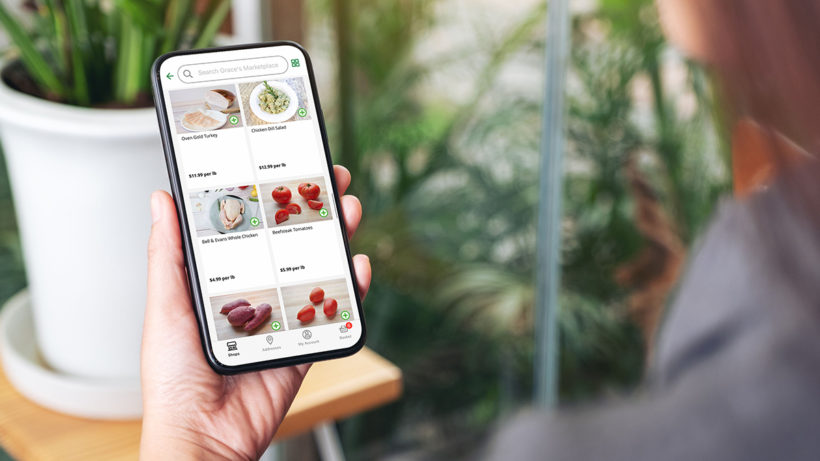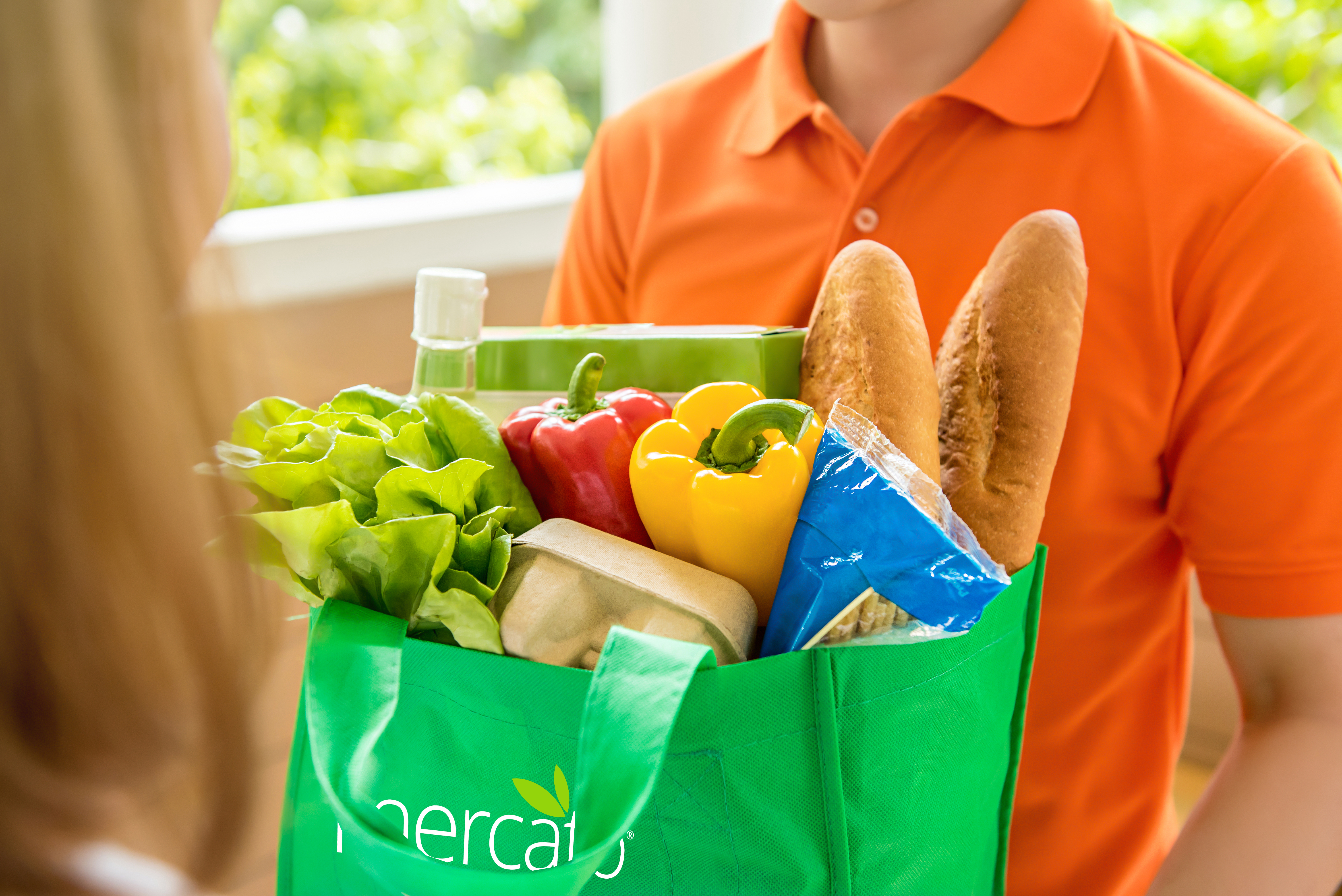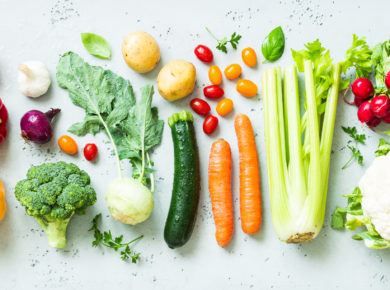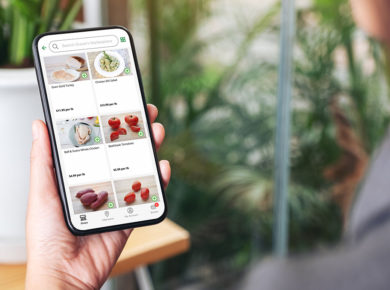For independent grocers, the leap to an online platform may seem unnecessary or redundant. Why expand to an online platform when your customers prefer coming into your store? The main reason is that independent grocers would miss out on all the revolutionary advantages that your business gains by connecting customers to your store online and adding a grocery delivery service. Here are five reasons why independent grocery stores are adding online platforms.
1. Delivery is in Demand
A new standard has emerged in the age of technology: delivery. In the age of COVID-19, as well as the age of convenience, people are preferring a new way of life that favors delivery services. Amazon, the world’s biggest e-commerce company, saw a 26 percent jump in their first quarter this year because of COVID-19. In the food industry, this standard is no different; food delivery platforms such as Doordash and UberEats have seen a surge in business as people adapt to favor more socially isolated trends. Grocery delivery app, Mercato, saw a 5,000% increase in total sales and 268.75% increase in app downloads from Q1 to Q2 in early 2020.
Grocery stores have shown that they can adapt to these same standards. Before, e-Commerce used to result in low profits, but now the demand has shifted the market to favor grocery delivery services. A report in June 2020 by McKinsey showed that 73 percent of customers are not comfortable going back to regular out-of-home activities after the lockdowns. This data shows that delivery practices, which were extremely popular at the height of the pandemic, are now being highly favored by people post-COVID-19.
2. Exposure and Advertising
In recent years, being exposed in a high-traffic online environment is crucial to compete in the big leagues. Around 70% of U.S. adults use Facebook, and the platform is perfect for advertising your business to potential customers. Believe it or not, online advertising doesn’t just correlate to increased e-commerce sales, but also to increased in-person sales, according to the Harvard Business Review. Independent grocery stores can use online platforms to flaunt their best products, and show the people in their communities what they do better than those big grocery store brands.
Local grocery delivery service platforms like Mercato can also help advertise using search engine optimization, allowing customers to see all your handcrafted products on sites like Google, especially when they search up key phrases like ““Who delivers groceries near me?” McKinsey’s survey showed that “Digital channels including online advertising and social media, as well as proactive research, were the key places people went to find out about these new places to shop.”
3. The Ability to Compete with Major Market Chains
With an online grocery delivery service at their side, independent grocers are able to compete in e-commerce with the likes of Peapod, AmazonFresh and Walmart Grocery, who are taking the business of those who don’t want to feel bothered by getting off their couches to get groceries. An online platform also helps independent grocers stand out in a sea of big chain stores. They’re able to flaunt their unique prepared foods, specialty products, and center-aisle items that are higher quality than that of large chains with the benefit of grocery home delivery. Grocery delivery apps like Mercato can also help independent grocers integrate their in-store discounts and special offers online.
4. Analytics and Optimization
The 21st century is all data driven. That is why many newspapers and business professionals are calling it “The New Oil.” The value of data cannot be underestimated, and it’s one of the core reasons why big businesses pay a high price for data analysis. Successful companies such as Facebook and Amazon collect user data to help optimize sales, advertise, quickly expand their business and drive profits. With an online platform with data collection, independent grocers get to learn where their sales strengths lie.
They can use data to quickly shift products in and out of circulation according to demand, recognize product trends and learn what are the best sellers in their stores. Platforms like Mercato help grocers connect with their customers at a deeper level, even when they aren’t physically in the store. They can gain insight into their customer’s demographics and location. Data collection also allows for more targeted marketing, thus increasing exposure and advertising.
5. It’s the New Way to Grow
e-Commerce is where grocery stores have been finding their growth since 2019, according to Digital Commerce 360. Many shoppers, especially those who are technologically inclined, are online shoppers. While in-person grocery sales put up good, consistent numbers, it’s nothing compared to the ever-evolving, fast growing sales channel that is grocery home delivery and pickup.
According to digital-age food business advisory firm, Brick Meets Click, customers using online grocery delivery and pickup has tripled over the past nine months. As a consequence, the businesses using online platforms and grocery delivery apps quintupled their sales for delivery and pickup sales over that period of time. According to Coresight research, U.S. online grocery stores stand to surge by 40 percent this year.
All these advantages can help push your independent grocery business to the next level. To learn more about the benefits and costs of adding an online platform for your independent grocery store, contact Mercato.








